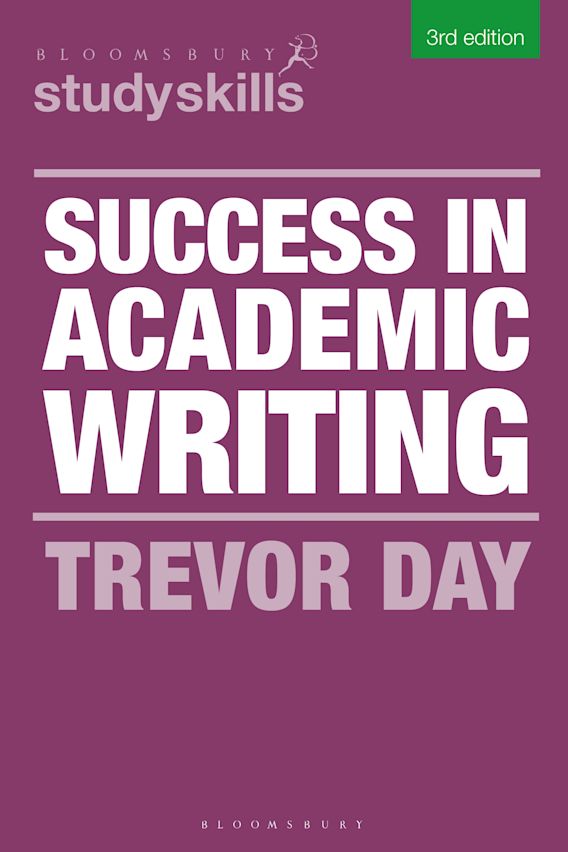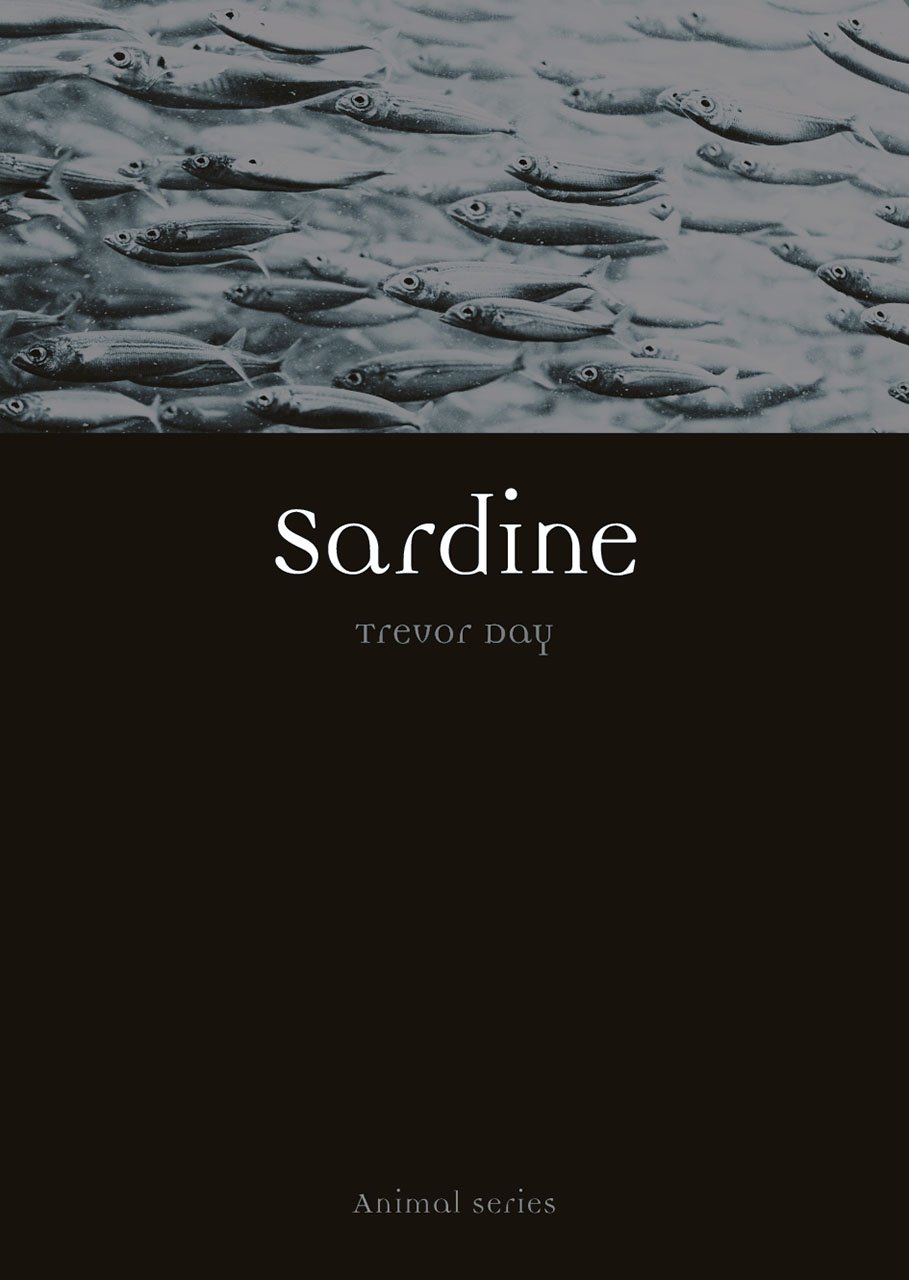Dr Trevor Day, Reading and Writing for Results
Dr Trevor Day is a UK writer with more than forty non-fiction books and numerous academic and popular articles to his credit. He has worked with some of the biggest names in publishing, including Bloomsbury, The Discovery Channel, The Economist, Geographical magazine, The Guardian newspaper, Heinemann, The Natural History Museum (London), Oxford University Press, Penguin, Random House and The Telegraph newspaper.
Originally a marine biologist, Trevor gravitated to writing popular science before becoming an educational researcher and writing development specialist. His books have won various awards, including shortlisting for the UK’s most highly regarded science book prize and shortlisting for the English 4–11 Picture Book Awards. He received a prestigious Society of Author’s Roger Deakin Award to research his book Sardine.
Trevor became Director of the Royal Literary Fund’s Consultant Fellows programme (2013–21), which he co-devised and then managed. This initiative trained and provided professional development for fifty professional writers to work with more than sixty UK universities to run writing development workshops, writing retreats and other learning activities. His latest books are Sardine (Reaktion Books), a multi-faceted biography of the fish, and Success in Academic Writing (3rd edition, Bloomsbury), which in its various editions has received fulsome praise from students, writing developers and academics.
Trevor retired from active training in July 2022. He maintains this website for those interested in his published works, to share guidance on writing, and to direct visitors to colleagues who offer writing development interventions.



